Top billed cast
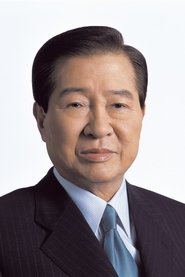 Kim Dae-jungHimself (archive footage)
Kim Dae-jungHimself (archive footage)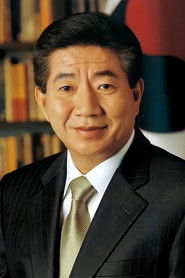 Roh Moo-hyunHimself (archive footage)
Roh Moo-hyunHimself (archive footage)
Similar to Kim Dae-jung's Days
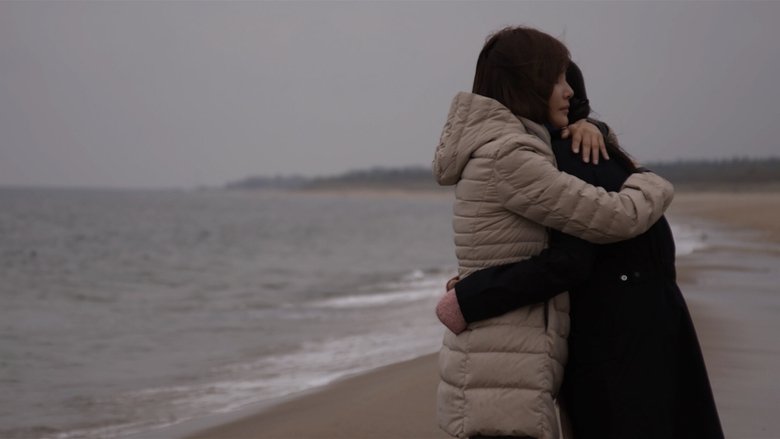
Children Gone to Poland (2018)
Tracing the footsteps of North Korean orphans who went to Poland during the Korean War, two women, one from the North and the other from the South, bond through the solidarity of wound and forge together a path toward healing.
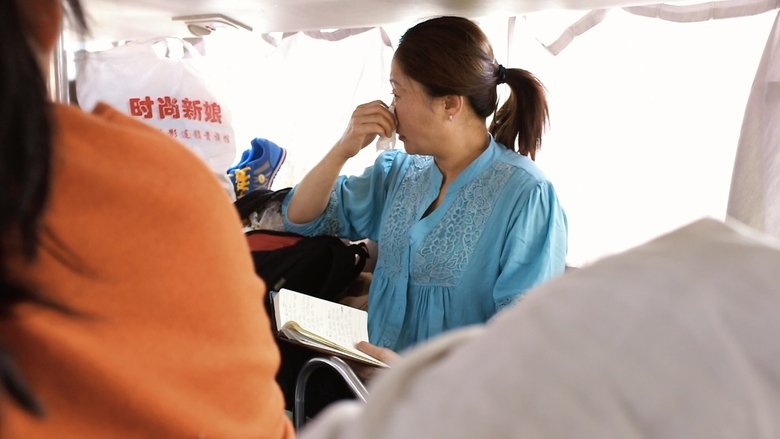
Mrs. B., a North Korean Woman (2017)
Portrait of Mrs. B., a tough charismatic North Korean woman who smuggles between North Korea, China and South Korea. With the money she gets, she plans to reunite with her two North Korean sons after years of separation.
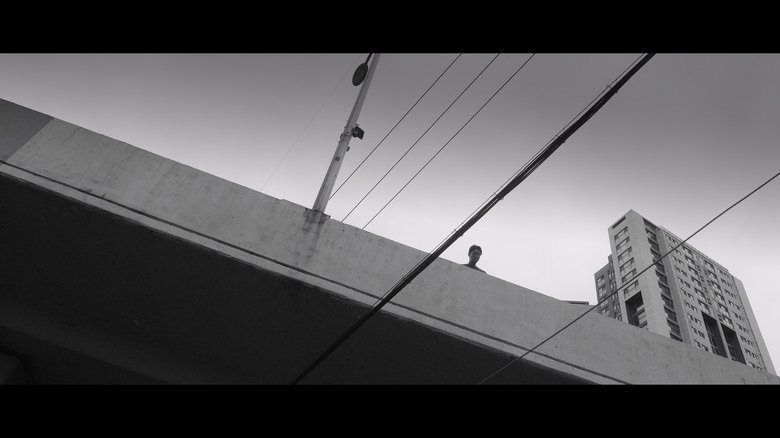
The Black (2018)
The National Intelligence Service (NIS) intervened with the 2012 presidential election, and the court has acquitted NIS. This documentary tracks the long process where a special team of prosecutors formed after the inauguration of PARK Geunhye administration discovering the truth under all kinds of external pressures and obstructions. This documentary also tracks the footsteps of the late LEE Namjong, who reminded us the NIS Intervention incident.
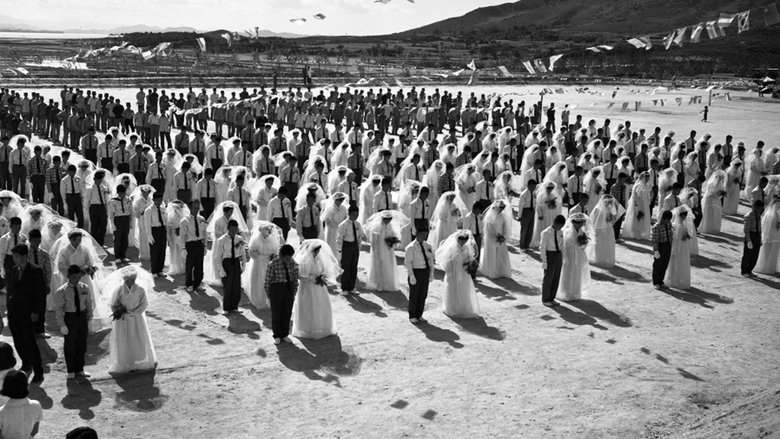
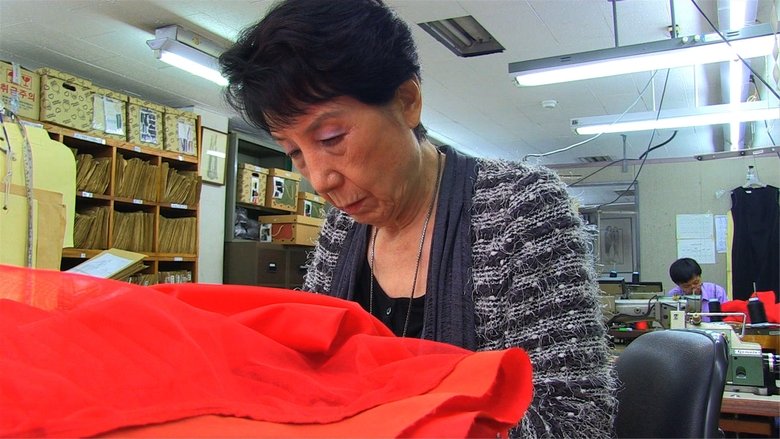
Nora Noh (2013)
Nora Noh, the best fashion designer, who dominated the scene of Korean women’s fashion and culture of the time. She was the first person ever to hold a fashion show in Korea and to make designer readymade clothes. She boldly dressed the Korean singer Yoon Bok-hee in a miniskirt and styled the duo vocal group Pearl Sisters in pantallong (flare-style pants). One day, when Noh was preparing for her show, a young stylist named Suh Eun-young comes to see her out of the blue. What kind of show will the two of them create amidst their differences and conflicts?
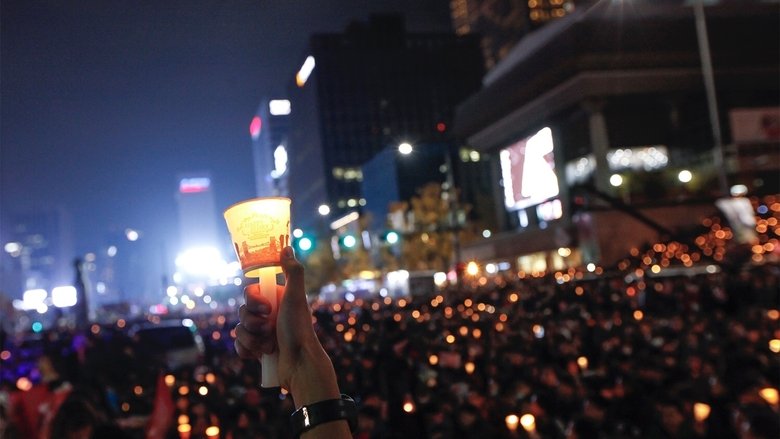
Candlelight Revolution (2022)
“What kind of person do you think former President Park Geunhye is?” Sohn Seokhee, a journalist, gives a clear and sharp answer that he “shares the common ideas that people in our country have.” That common idea has led millions to bring candles to the streets, correcting a thread of history that has gone awry, and gather a sense of hope among people. Candlelight Revolution portrays the voices of citizens from various generations, political figures of different parties, and the witnesses of an administration under improper influence. It is a documentary that identifies the genuine structure of politics and society by following how Park entered politics along with government records up until March 10.
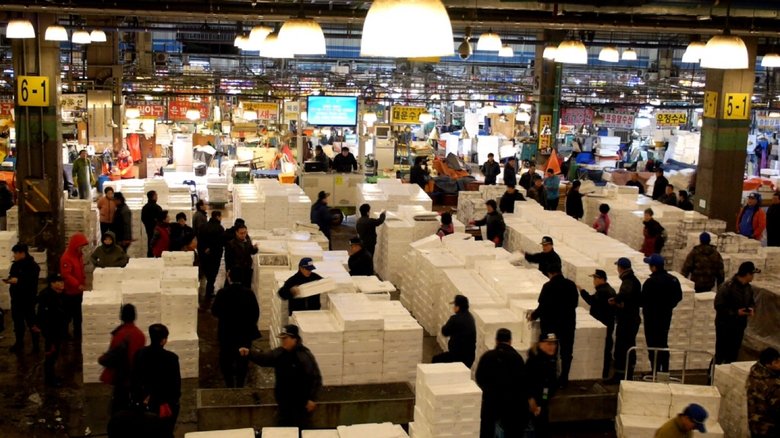
Bitter, Sweet, Seoul (2014)
Over 98 days from August 20th to November 25th 2013, 2821 people from around the world sent 11,852 video featuring many different faces of Seoul. 154 were selected, edited, and made into a movie.
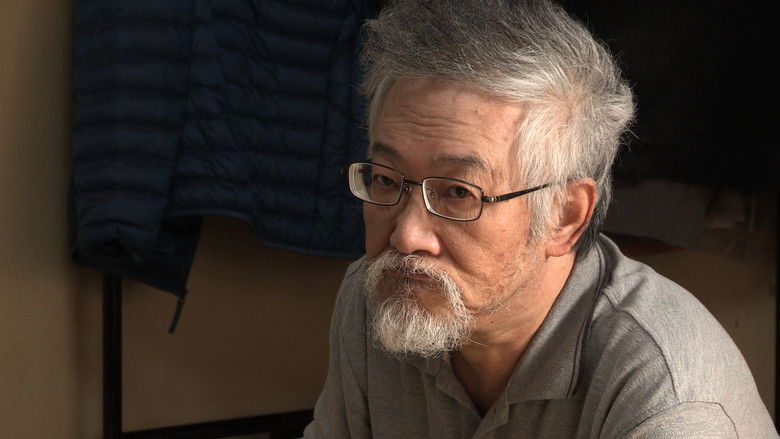
Spy Nation (2016)
YU Wooseong who had been working as a civil servant is on trial for espionage following his sibling’s confession. A reporter who has been laid off begins following the traces of a spy story manipulated by a government agency. The clues lead to a confession and false evidence that society and the press have turned their back on.
Aka Dan (2014)
YouTube musician and Korean American adoptee Dan Matthews travels to South Korea to perform and reunite with his biological family, including a long lost twin he never knew he had.
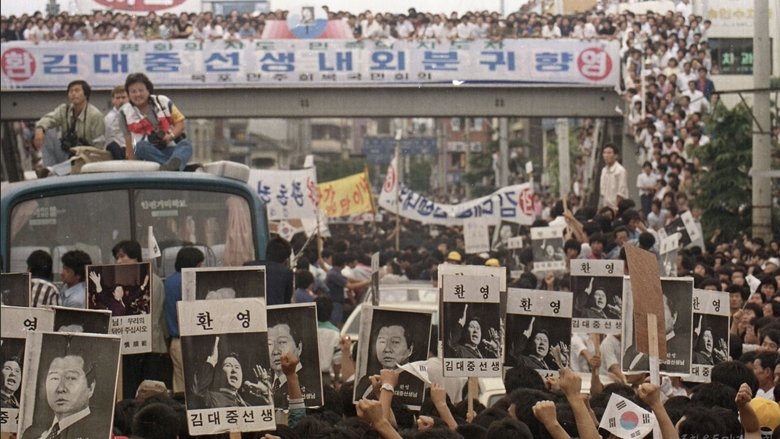
Kim Dae Jung Must Not Die (2024)
Kim Dae Jung, who stands next to people in the middle of caotic history! A young businessman Kim Dae Jung recognized the victims of ideology. He decided to be a politician to make his country where people's politic and democracy are rooted. The price of being leave from a guaranteed future and take the first step on a bumby road was kidnapping, death threats, imprisonment, and a death sentence that shook him to the core, but even in his final moments, when he was sentenced to death, Kim never wavered. "Democracy will be recovered. I believe in it." The life of President Kim Dae-jung, a death row inmate who survived from the throes of death, four parliamentary elections, and three unsuccessful presidential campaigns, is etched into the modern history of South Korea.
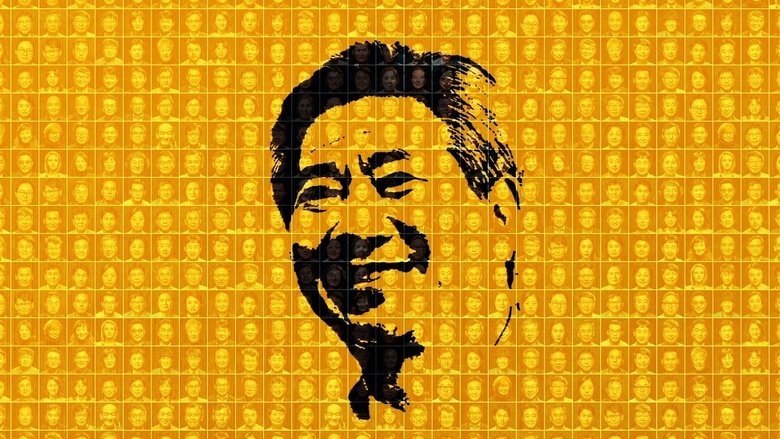
Roh Moo-hyun and the Fools (2019)
10 years from them to now, people who miss the late president Roh Moo-hyun tell their stories.
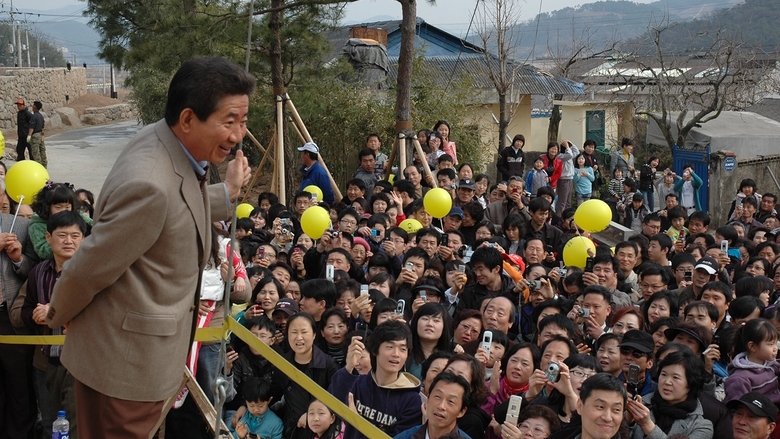
Citizen Roh (2019)
In 2008, late President Roh Moo-hyun returned to his hometown Bongha village after his retirement and was joined by supporters as he recreated his hometown and began to clean up the Bonghae Mountain, cultivating Bongha Mountain, and cultivating environmentally friendly rice.
South Korea: Focused on Excellence (2010)
A documentary about the some athletes of South Korea and how can they inspire a new generation.
The Lark Ascending (2007)
The Lark Ascending
The Nine Lives of Korean Cinema (2006)
South Korean cinema is in the throes of a creative explosion where mavericks are encouraged and masters are venerated. But from where has this phenomenon emerged? What is the culture that has yielded this range of filmmakers? With The Nine Lives of Korean Cinema, French critic, writer and documentarian Hubert Niogret provides a broad overview but, nevertheless, an excellent entry point into this unique type of national cinema that still remains a mystery for many people. The product of a troubled social and political history, Korean cinema sports an identity that is unique in much modern film. Niogret's documentary tells of the country's cinematic history - the ups along with the downs - and gives further voice to the artists striving to express their concerns, fears and aspirations.
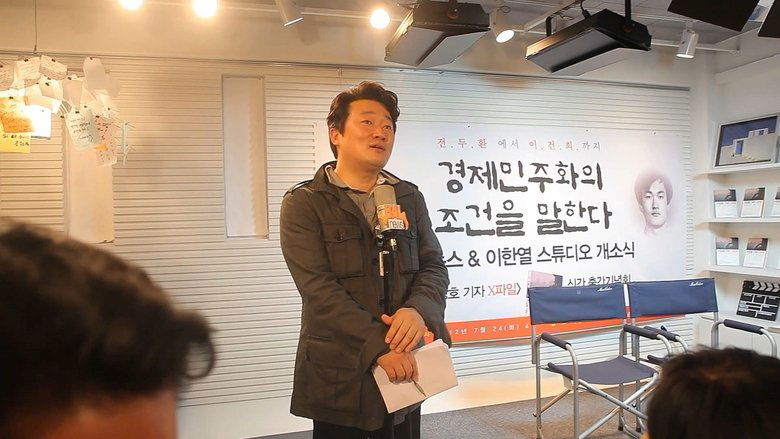
The Combat Kings (2022)
The Chun Doo-hwan regime seized power in a coup d'etat, massacred peaceful protesters. People from all walks of life have been fighting the military dictatorship in their own way. And the story of reporter Lee Sang-ho, who has been covering for over 30 years, begins.
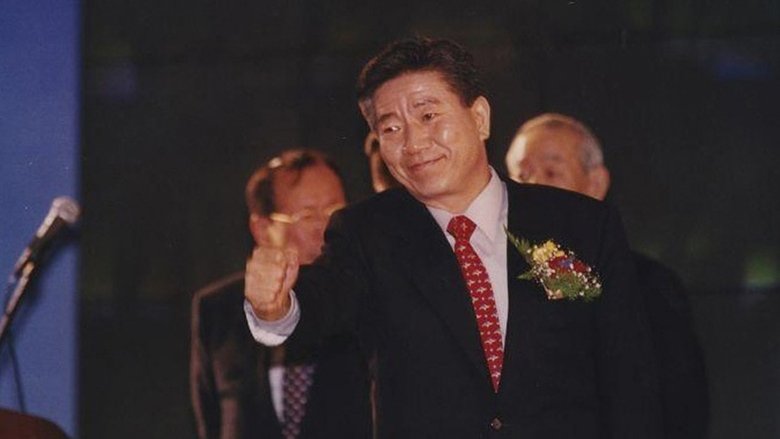
Our President (2017)
In South Korea, 2002, the Democratic Party put the presidential nomination to a plebiscite for the first time. Amongst numerous candidates, the one who brought about the most unexpected result was a fringe candidate named Roh Moo-hyun.